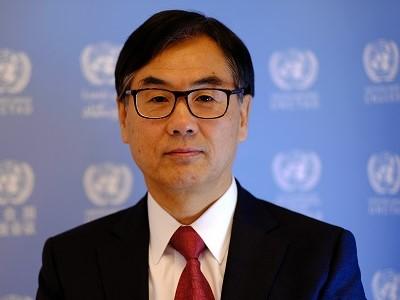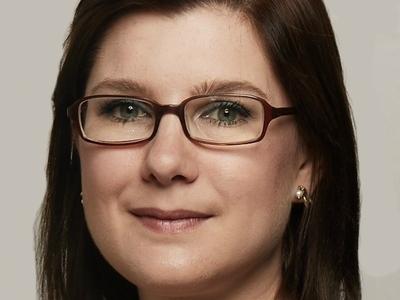Blockchain technologies may have a profound impact on development-oriented investment, not only by revolutionizing global payment systems but also through improvements to access to finance, supply chain management, digital identities or land registries (through decentralized applications). This impact goes beyond traditional financial services and business processes and extends to other industries important for the SDGs, such as agriculture, healthcare and transportation. Organized with the Institute for Leadership and Sustainability (IFLAS), University of Cumbria, the event will seek to develop ideas on how to increase the positive impact and minimize the negative effects of blockchain technologies on investment for development.
Detailed Description
Blockchain technologies, or distributed ledger technologies (DLT), have developed rapidly over the past few years. Starting in 2009 with Bitcoin, a decentralized digital currency (cryptocurrency), the technology has developed beyond a global payments system and started to also impact other areas, such as access to finance, supply chain management, digital identities, land registries or aid, through decentralized applications (dApps). Blockchain technologies may provide traditional financial services and business processes at much lower cost and with greater speed, security and transparency. Some traditional financial institutions are already starting to apply the technology to their business processes, but also other industries, such as agriculture, health care and transportation, are moving quickly toward trialing blockchain projects.
As blockchains might transform (and possibly disrupt) different industries, it presents both risks and opportunities to businesses, consumers and governments, and consequently new challenges for policymakers and regulators. Particular issues are raised by the expansion of blockchain-based cryptocurrencies or digital tokens. This session will feature presentations from both sides of the debate. It will provide an overview of key blockchain applications, with a special focus on implications for sustainable development and operations of multinational enterprises (MNEs). Given the diversity of changes these technologies are bringing about, there is also a diversity of government policy responses, from agnostic to positive and negative, which will also be part of the discussions during this session.
As changes are happening rapidly, both traditional industries and governments have so far been slow to adapt to the changing landscape. This comprehensive session will bring about a better understanding of blockchain technologies and their potential development implications. It will be of great value to all investment stakeholders, including policymakers, business leaders and civil society, in providing a high-level overview of the main developments in this field and allowing for an open and inclusive debate on the future of blockchains for sustainable development.
Issues for the debate
- The application of blockchain technologies in enterprise and finance
- The risks and opportunities of blockchain for sustainable development
- Regulatory and policy precedents, concerns and responses













